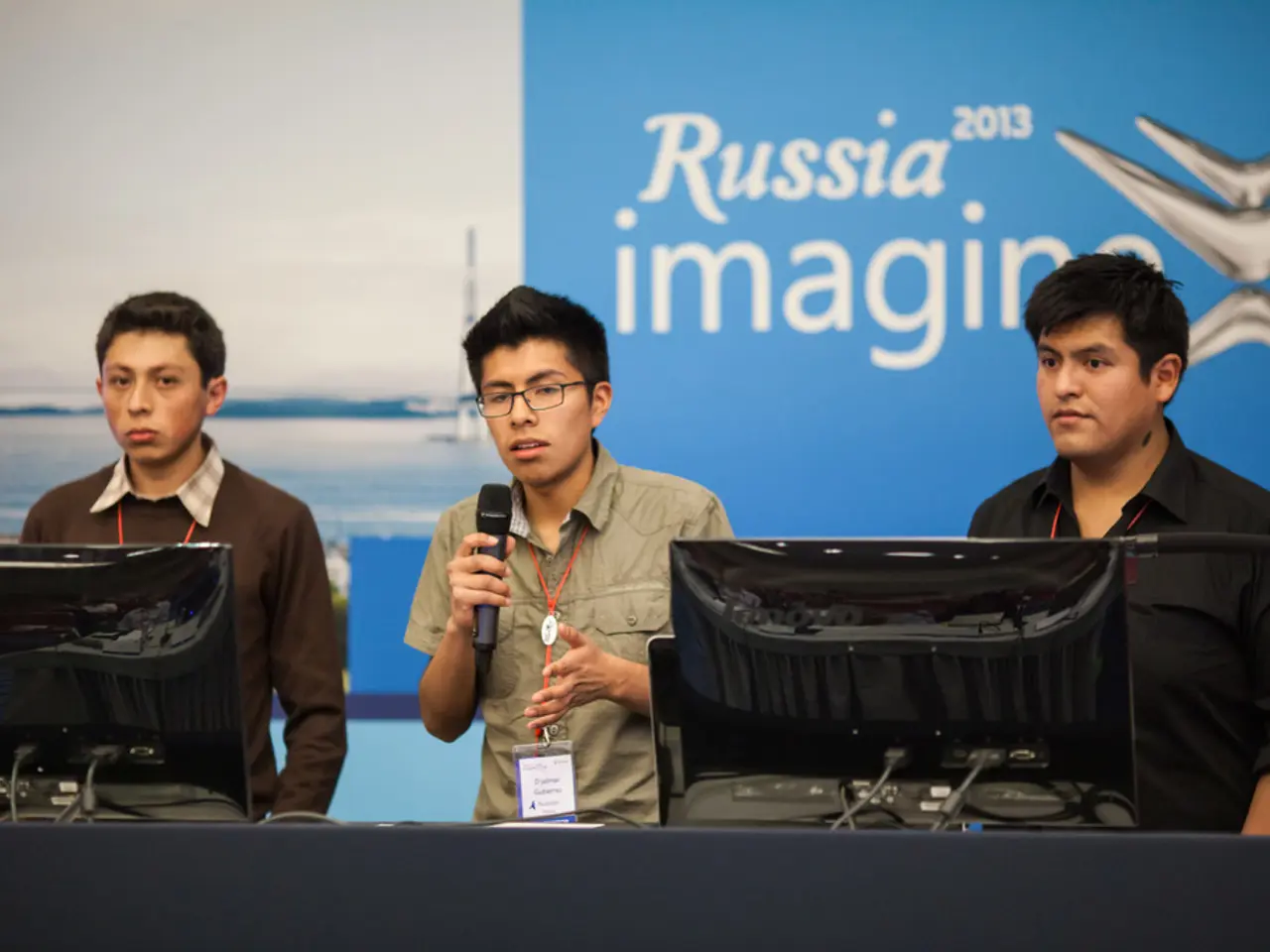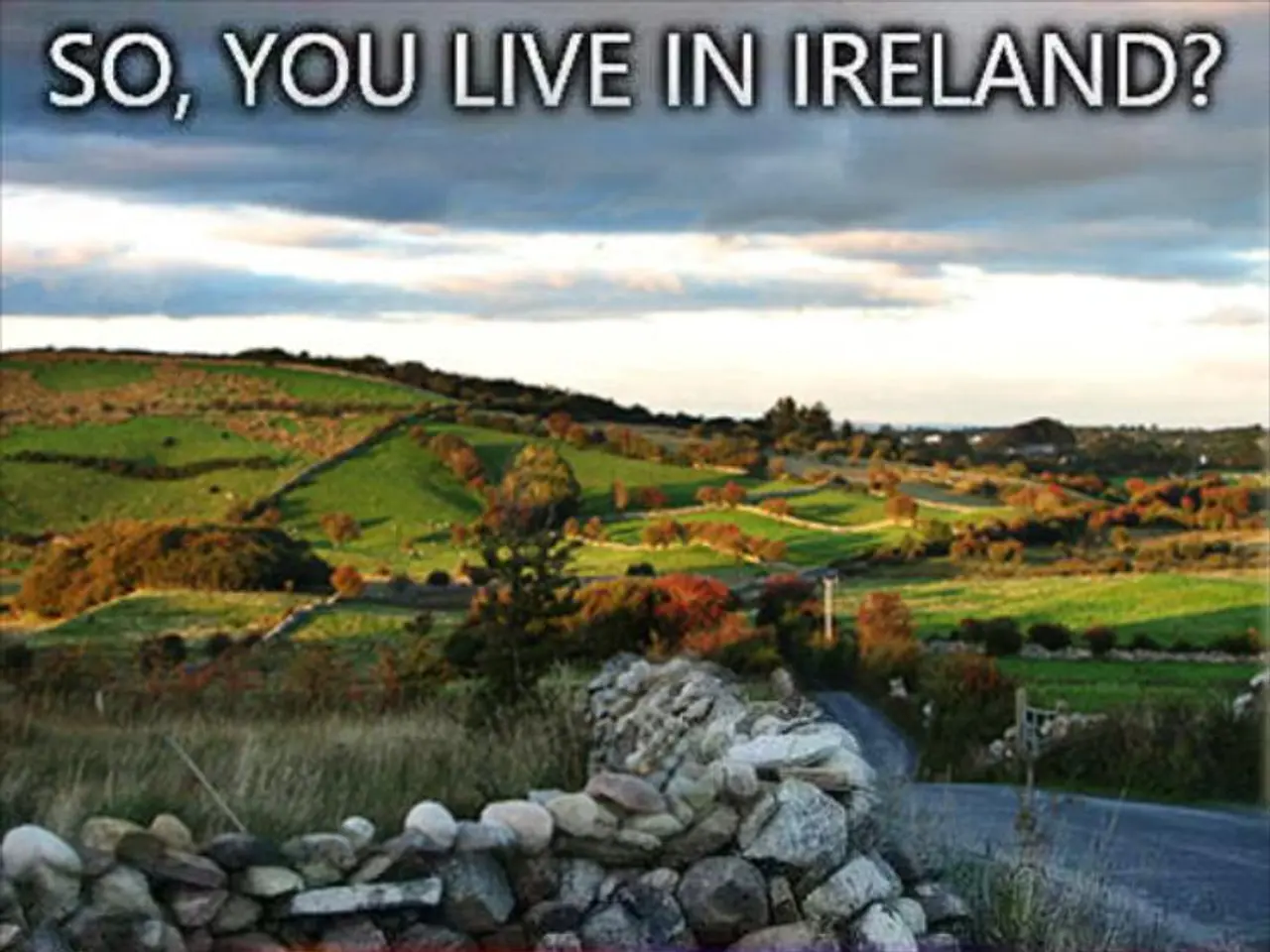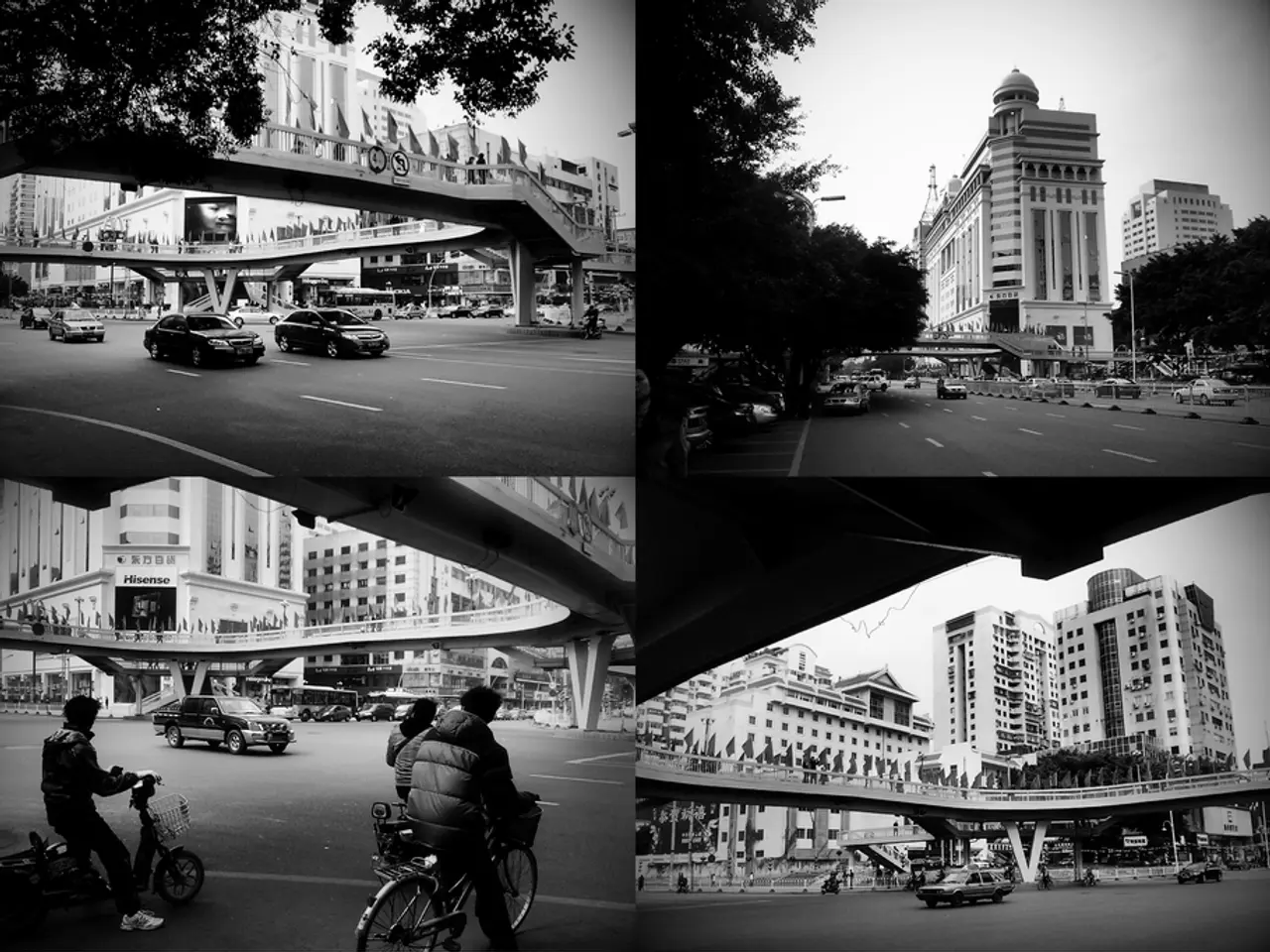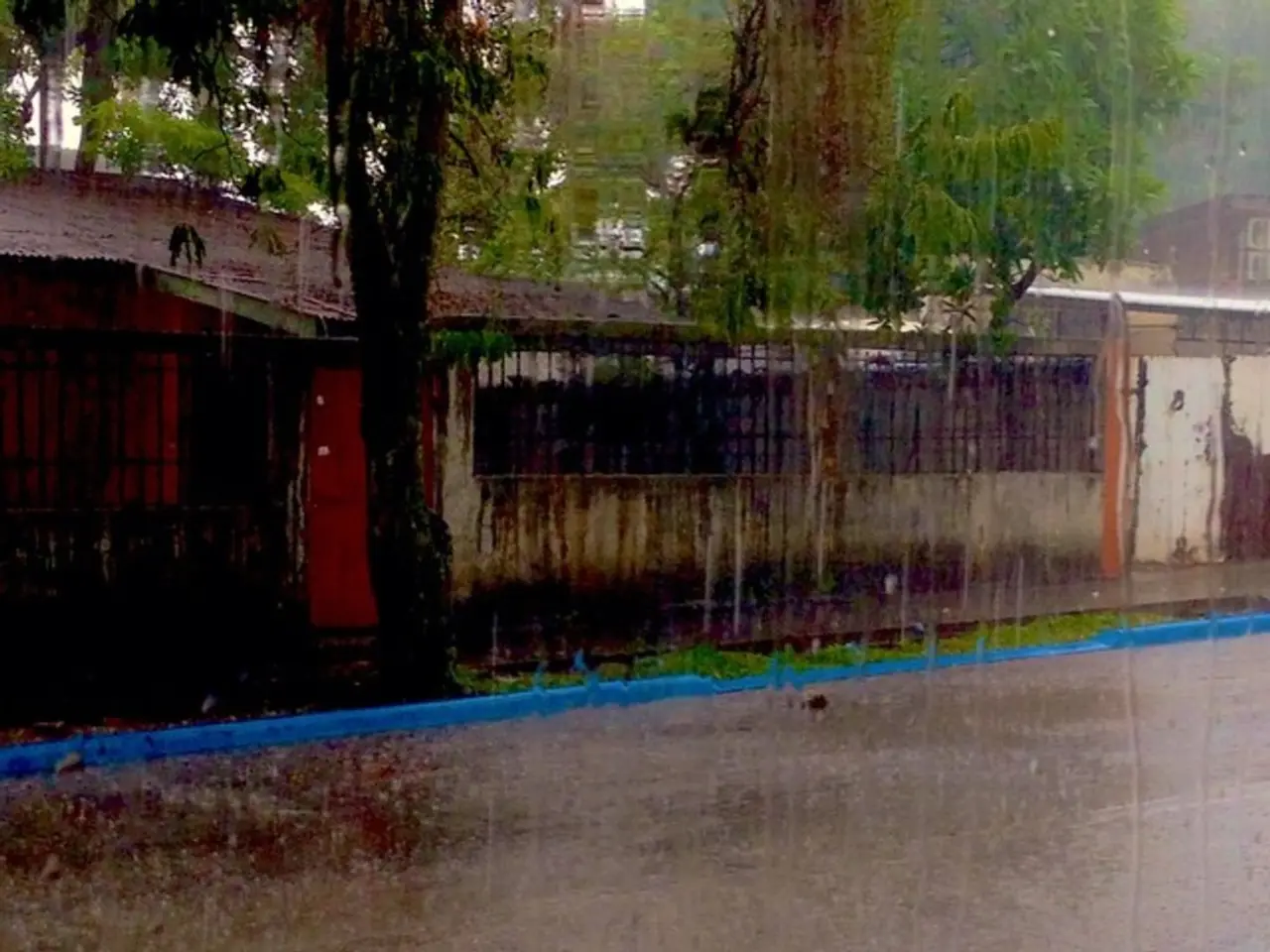No Immediate Repercussions from Polish Regulatory Measures by the Federal Government
In a significant shift in border control measures, Poland has reintroduced temporary passport checks at its borders with Germany and Lithuania as of July 7, 2025. This move comes in response to concerns over illegal migration and irregular border crossings into the European Union.
Since the implementation of these measures, travelers are advised to carry proper identification to avoid delays, as returning to Germany without correct documentation could slow re-entry. The controls are random rather than systematic, and they will be conducted at all border checkpoints—road, rail, and air.
Border towns along the Polish-German border will experience increased surveillance, with Polish special services, border guards, military, and gendarmerie jointly controlling border crossings. The aim is to curb the uncontrolled flow of migrants, particularly those irregular migrants being returned from Germany to Poland, which has caused rising tensions between the two countries.
The Polish government has stated that the controls will be implemented in a manner to cause minimal disruption for Polish citizens, but the overall goal is to increase security and reduce illegal crossings to a minimum.
This development marks a change from the free movement previously experienced within the Schengen Area. In fact, Germany had reintroduced its own border controls with Poland in September 2024, citing similar concerns over irregular migration and smuggling. The tightening of border control is partly in response to migration policy shifts with new German Chancellor Friedrich Merz, who has emphasized tougher border controls since taking office in May 2025.
Poland's Prime Minister, Donald Tusk, has communicated directly with German Chancellor Friedrich Merz, emphasizing that Poland’s patience regarding irregular migration flows was "running out". Poland views the decision as irrevocable despite possible diplomatic tensions, underscoring the seriousness of migration pressures on its borders.
Poland also plans to control the border with its eastern neighbor Lithuania during this period. The duration of Poland's border controls is dependent on decisions by the German government, with Federal Interior Minister Alexander Dobrindt scheduling two meetings with Interior Minister Tomasz Siemoniak on migration issues this month.
The German government is continuing to act in close coordination with the responsible authorities in Poland regarding border controls, and the Federal Ministry of the Interior does not expect practical consequences of Poland's announced border controls for Germany. Dobrindt has stated that there are no disagreements with the Polish government, and all border actions are happening in a good relationship and in coordination with Poland.
In every tenth case, an asylum application was made at the German-Polish border, and asylum seekers can also be rejected at the border, according to orders given by Federal Interior Minister Alexander Dobrindt (CSU). Dobrindt believes these controls are necessary until the protection of the EU's external borders functions better.
Since May 8, the Federal Police has carried out around 1,300 rejections at the German-Polish land border, and the stationary controls at the German-Polish border are aimed at stopping irregular migration. The controls have enabled the rejection of foreigners with a re-entry ban and people without entry permission who do not want to apply for protection.
As the situation evolves, both countries will continue to work together to address the challenges posed by irregular migration and ensure the security of their borders.
- The ongoing border controls in Poland, implemented due to concerns over illegal migration and irregular border crossings, have prompted a policy-and-legislation shift in border control measures, noticeable in both the political climate and general news.
- The increasing surveillance and joint controls at the Polish-German border, as part of Poland's policy to curb illegal crossings, have had repercussions in the realm of politics and policy-and-legislation, influencing the migration and border control policies of neighboring countries like Germany.








